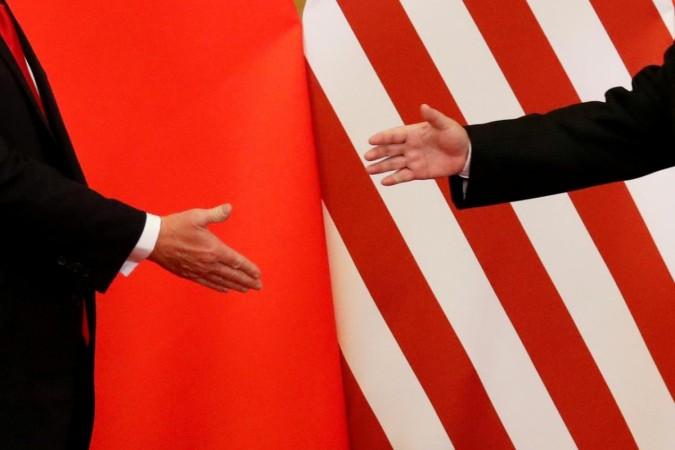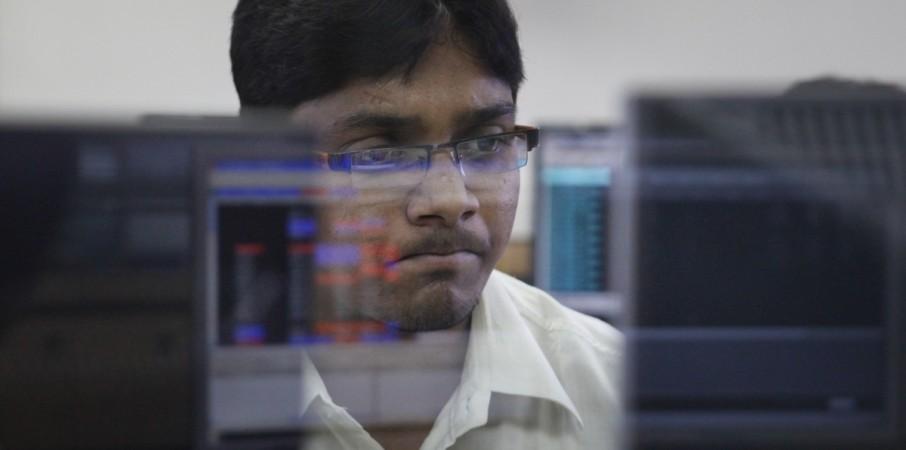Markets across the globe have fallen off the cliff amidst COVID-19 engulfing almost every country on the planet. As much of the western world and India locks down economies in response to the implications of the coronavirus, China is already on the way towards restarting its own economic activity. The resumption of economic activities has raised concerns distressed foreign assets could be bought without appropriate checks and balances.
The Indian government today, said that it would change the existing rule in its Foreign Direct Investment (FDI) policies to stop "opportunistic takeovers or acquisition" of Indian companies due to the COVID-19 pandemic. The updated rules are targeted at non-resident companies that are from neighboring countries that share a land border with India including China and other nations such as Nepal, Bhutan, and Myanmar.

A press note issued by The Department for Promotion of Industry and Internal Trade (DPIIT) said, "The Government of India has reviewed the extant FDI policy for curbing opportunistic takeovers/acquisitions of Indian companies due to the current COVID-19 pandemic and amended para 3.1.1 of extant FDI policy as contained in Consolidated FDI Policy, 2017."
Earlier this week, the Securities and Exchange Board of India (SEBI) issued a circular where the market regulator sought details of investments coming from China or via China into Indian stock markets. Moreover, fear against an 'opportunistic takeover' also increased as the People's Bank of China (PBOC) raised its stake from 0.8 percent to 1.01 percent in the country's largest private sector lender HDFC Bank in March quarter.
Further, Chinese companies have already invested billion in India, especially in its Startup ecosystem. Major Chinese tech giants and fund houses including Alibaba, Bytedance, and Tencent have pumped billions of dollars in Indian startups. For instance, Jack Ma led Alibaba has invested in a diversified set of companies and its portfolio includes payments firm Paytm ( ~ $400)and its e-commerce arm Paytm Mall (~ $150), food delivery startup Zomato (~ $200), online grocer BigBasket (~250 million), online retailer Snapdeal (~ $700).
Australia also called for a review of foreign investments
It is to be noted that India is not the only country that is reviewing its foreign investments in the wake of Chinese companies raising stakes. Last month, the Australian government also announced that it would review all the proposed foreign investments in the country to protect distressed Australian assets from the economic fallout of the COVID-19 crisis.

Further, the Chinese stock markets are also doing business as usual in contrast with other peers. Markets across western economies and India have witnessed 10-25 percent fall during this outbreak but China's swift measures to contain the virus and its proactive policies have resulted in a major rebound of Chinese stocks in Shanghai and Shenzhen. The stock markets posted its best performance of one week registering a jump of 5 percent.

















